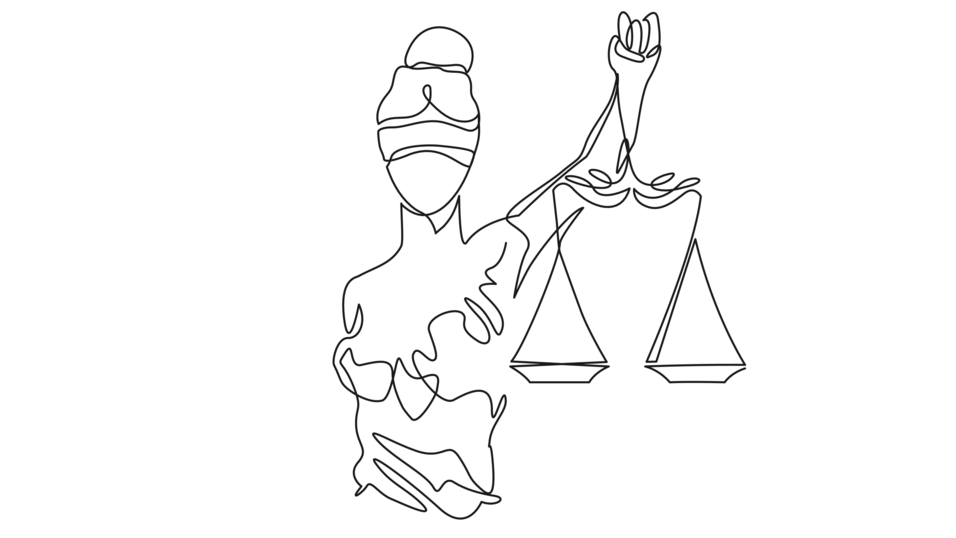On 27 November 2024, the European Law Institute (ELI), adopted its ELI-Mount Scopus European Standards of Judicial Independence, aimed at strengthening and upholding the impartiality of European judiciaries. Developed under the leadership of Project Reporters, Prof Dr Shimon Shetreet, Prof Dr Sophie Turenne, Prof Leah Wortham and Prof Dr Fryderyk Zoll, the Standards have been elaborated upon with input from key stakeholders in the field.
‘The Standards were developed in a deliberative and open process with a Project Team, Advisory Committee, and Observers representing not only judges but also lawyers, academia, and international organisations concerned with human rights and democracy. The final draft reflects consideration of comments from more than 60 individuals and representatives of courts, organisations, and experts,’ explained the Reporters.
Judicial independence is essential for ensuring fair trials, safeguarding human rights, and maintaining societal stability. Recent cases reviewed by the Court of Justice of the European Union (CJEU) and the European Court of Human Rights (ECtHR) highlight growing challenges to this principle across Europe. The Standards draw upon European and international sources, including the Mt Scopus Standards (formulated and amended under the aegis of the International Association of Judicial Independence (JIWP)) and provide a comprehensive framework designed for judges, civil society, and public authorities to assess, promote, and protect judicial independence.
As Prof Wortham put it, ‘These Standards complement existing judicial independence documents, like the Bangalore Principles of Judicial Conduct and original Mount Scopus Standards, with their specific focus on Europe and careful application to career judiciary systems like that in most European countries – and in many civil law systems around the globe.’
Rooted in the values of the European Convention on Human Rights (ECHR) and EU Treaties, the 38 Standards, accompanied by commentaries, cover various areas, from the foundations of judicial independence, judicial governance, appointments and promotion, to ethical standards, and judicial discipline. They strike a crucial balance between independence and accountability, ensuring that while courts are shielded from external pressures, they remain transparent and uphold the integrity of the legal system.
In the words of Dr Turenne, ‘Judicial independence exists for the benefit of every individual; it is vital to maintain democracy bound by the rule of law. The ELI-Mt Scopus Standards of Judicial Independence are intended as a reference tool to measure and address pressing and contemporary challenges to judicial independence.’
The Standards are adaptable to diverse judicial traditions, from well-established democracies to nations transitioning toward democratic maturity or facing democratic backsliding. They emphasise that measures aimed at improving efficiency or transparency must not undermine the judiciary’s autonomy, recognising that an impartial and accountable judiciary is vital for societal trust and good governance.
The ELI-Mount Scopus Standards of Judicial Independence ultimately reaffirm the judiciary's role as the guardian of democracy and the rule of law, urging European governments and institutions to align their systems with these Standards.
More information about the project can be found here. A series of three webinars will take place on 15 and 29 January and 12 February 2025, offering further insights into the Standards and their implications. Further information, including registration, is available here.
For press inquiries and additional information, kindly contact the ELI Secretariat (secretariat@europeanlawinstitute.eu). The project’s Co-Reporters are also available for interviews and further clarifications.

